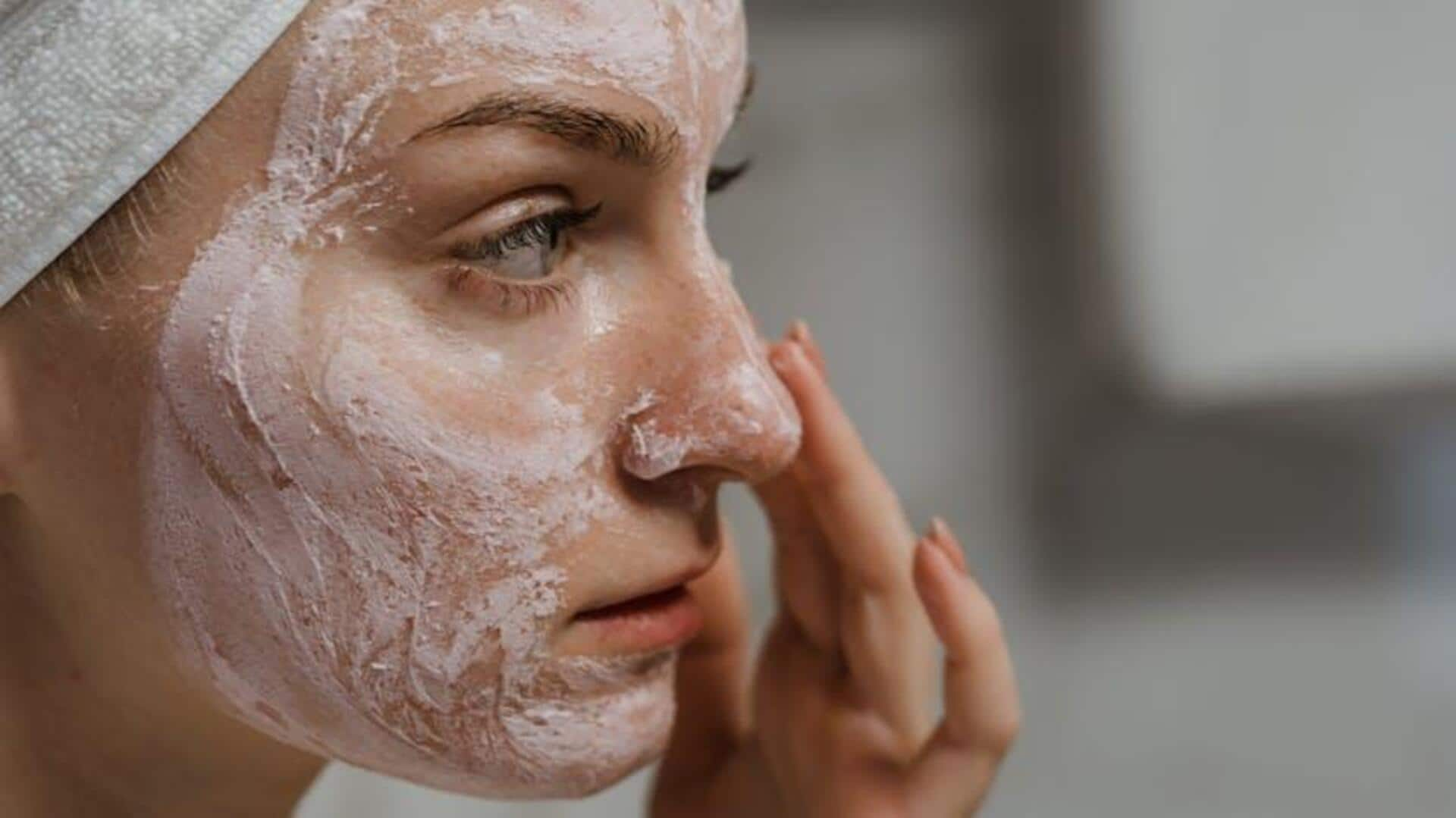
Enhancing homemade facemask with spirulina oil
What's the story
Natural skincare enthusiasts, listen up! Spirulina oil is the secret powerhouse ingredient you need to supercharge your homemade facemasks.
Harvested from blue-green algae, this nutrient and antioxidant-rich oil works wonders for your skin.
Adding spirulina oil to your DIY facemasks will take them to the next level, infusing your skin with hydration, nourishment, and that coveted healthy glow.
Nutrients
The nutrient powerhouse
Spirulina oil is a nutrient powerhouse, containing vitamins A, C, E, and B12 as well as minerals like potassium and iron.
These nutrients are key for healthy skin, supporting cell regeneration and reducing inflammation.
By adding a few drops of spirulina oil to your DIY facemask, you can greatly enhance its nutrient content, providing a more well-rounded skincare treatment.
Antioxidants
Antioxidant richness for skin protection
A key benefit of spirulina oil lies in its potent antioxidant properties.
Antioxidants are vital for shielding the skin from environmental aggressors like pollution and UV rays.
By adding spirulina oil to your facemask recipes, you're fortifying your skin's defenses against these damaging factors. This prevents premature aging and keeps your skin looking radiant and youthful.
Hydration
Hydration boost for dry skin
If you're dealing with dry or dehydrated skin, adding spirulina oil to your DIY facemasks can make a world of difference.
The fatty acids in the oil are great for locking in moisture and strengthening the skin's natural barrier.
This results in a complexion that's not only softer and smoother but also deeply hydrated without any greasy or heavy after-feel.
DIY integration
Easy incorporation into DIY recipes
Adding spirulina oil to your DIY facemasks is easy and adaptable.
Whether you love clay-based masks for their detoxifying properties or cream-based masks for extra hydration, incorporating a one percent to two percent concentration of spirulina oil will boost their effectiveness.
It mixes seamlessly with other ingredients without significantly changing their texture or feel.
Customization
Tailoring to your skin's needs
Spirulina oil's compatibility with different skin types and concerns allows you to easily incorporate it into your DIY facemasks.
For acne-prone skin, combine it with tea tree essential oils; for aging skin, use rosehip seed oils; and sensitive skins can use chamomile extracts along with it.
This way, you can address specific issues while still taking advantage of spirulina's wide-ranging benefits.